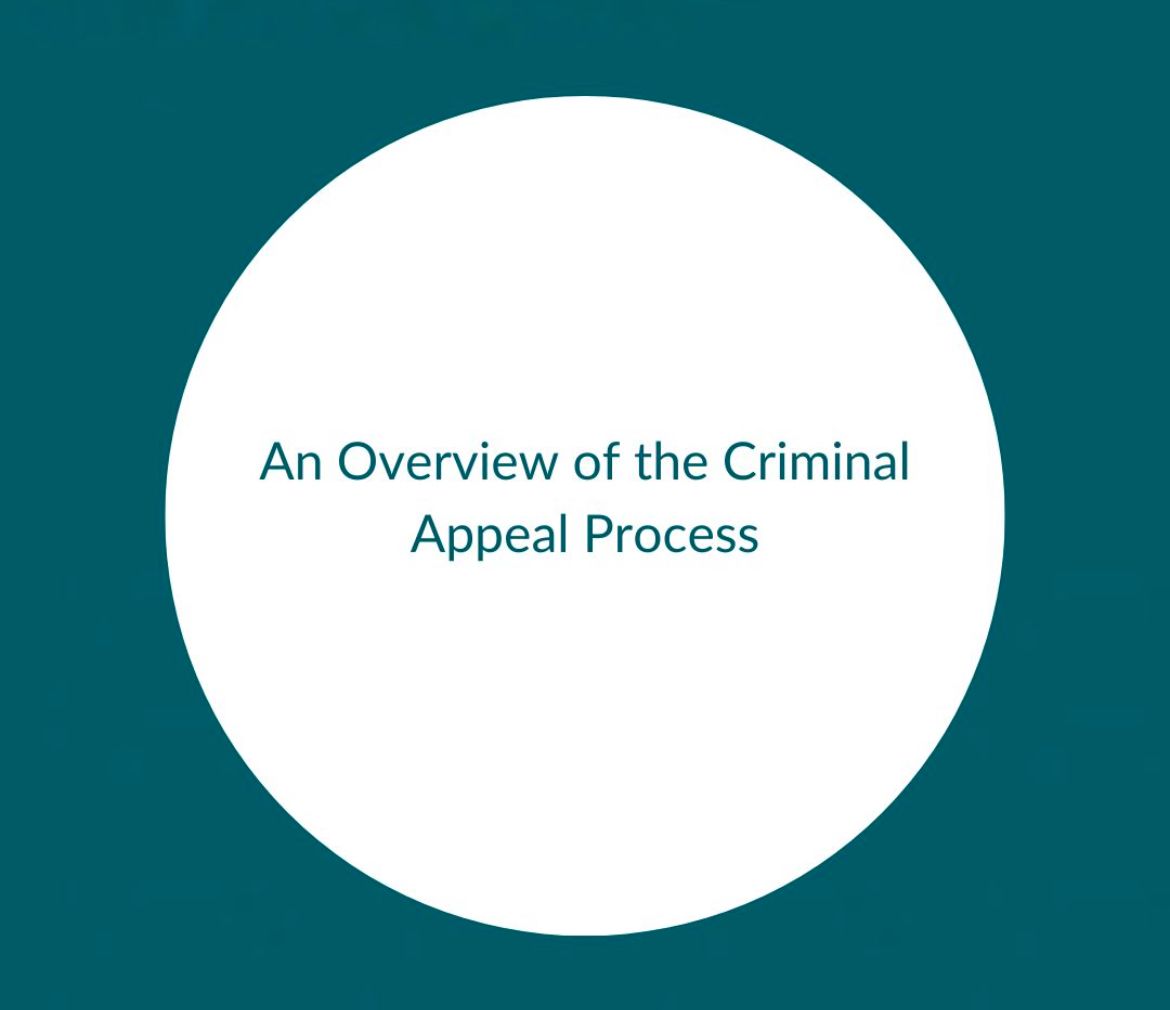By Jess Wilson
•
June 11, 2025
Understanding the difference between “consent” and “reasonable belief” can be key if you are being investigated or prosecuted for a sexual offence, where these two issues can arise. These are not just technical legal terms; they are real-world concepts that can affect the outcome of serious sexual abuse cases. At Eventum Legal, our aim is to help people grasp these important ideas so that they know where they stand, whether they’re seeking justice, facing an accusation, or just wanting to be informed. Consent and the Law: What Does It Mean? When it comes to sexual activity, the law makes it very clear that “consent” isn’t just about saying yes or no. Consent means agreeing by choice, having the freedom and capacity to make that choice, and being able to change your mind at any time, even if the sexual activity has begun. The Sexual Offences Act 2003 states that a person consents if they agree by choice and have the freedom and capacity to do so. In practical terms, this means no one should be pressured, forced, or tricked into sex. If someone is too drunk, too scared, or otherwise unable to decide, they cannot legally give consent. This applies also to issues with mental capacity where someone may not have the understanding or ability to give informed consent. When establishing whether consent or reasonable belief applies, the courts examine everything that happened, how the people involved acted, what was said, their relationship, and whether any threats were made. It’s not about just hearing a yes or no, but about whether the agreement was truly given, freely and knowingly, at the time. Reasonable Belief: The Other Side of the Coin While “consent” focuses on the person on the receiving end of sexual activity, “reasonable belief” is about the perspective of the person accused of the crime. UK law says it’s not enough for someone to claim they thought the other person was consenting. The belief that consent existed must be reasonable; it must meet the standard of what a reasonable person would think in those circumstances. This comes down to two questions: did the accused genuinely believe the other person was consenting, and would a reasonable person, knowing what the accused knew and considering everything that happened, have reached the same conclusion? It’s not a defence to say, “I just thought it was okay,” if evidence, actions, or common sense didn’t back that belief up. Courts look at whether the accused checked for consent, paid attention to what was happening, and took steps to make sure everything was agreed upon. How the Law Applies These Concepts The distinction between consent and reasonable belief matters because everyone is responsible for ensuring that consent is present, not just assuming or hoping it is. The prosecution in a sexual offence case has to prove that there was no consent or that the accused did not have a reasonable belief that consent existed. To judge this, courts examine the context: Were both people sober and able to make decisions? Was there clear, positive agreement? Did one person ignore signs of hesitation or discomfort? In cases where someone is very intoxicated or unable to communicate, the law presumes that there is no consent, and it is challenging for anyone to claim a reasonable belief otherwise. However, where alcohol is in question the issue can become complex as we all have difference alcohol tolerances, what may be too drunk to one person, could be different to the other. Therefore, working to establish the intoxication and affect is crucial for lawyers in some cases. In cases where it can be proven that that someone was too drunk to speak or move, and the accused says they thought there was consent just because the person didn’t say “no,” the court is unlikely to accept that as reasonable. The law expects people to check in with their partner, look for positive signs, and stop if there’s any doubt. Clearing Up Common Myths Many misunderstandings exist about how consent and reasonable belief work in real life. One myth is that if someone doesn’t say “no,” they must have agreed. The absence of a “no” is not the same as a “yes.” Another myth is that if two people are in a relationship or have had sex before, consent is always assumed. Every sexual act requires consent, every time. Some people also believe that as long as they honestly thought there was consent, that’s enough. But the law sets a higher bar: the belief has to be reasonable, meaning it must be backed up by what happened and what a reasonable person would think. In our digital age, misunderstandings can easily happen through text or online communication. Courts are aware of this and look at all available evidence, including messages and social media, to determine what happened. Other avenues of evidence exploration can include CCTV footage and witnesses. Why These Legal Standards Matter The way UK law approaches consent and reasonable belief has changed over time. In the past, people could argue they had an “honest” belief in consent, even if it wasn’t reasonable. That changed with the Sexual Offences Act 2003, which now requires honesty and reasonableness. This protects people from harm and ensures that the law takes the experiences and choices of everyone involved seriously. These rules are designed to keep people safe and ensure everyone’s rights are respected. The law encourages open communication, respect, and responsibility. It expects everyone to look for clear signs of agreement and to stop if there is any doubt or hesitation. What To Do If You’re Involved In A Sexual Offence Case Suppose you’re facing a situation involving consent or reasonable belief and you as the accused want to prove that either of these legal requirements existed, then you must seek legal advice and engage with specialist lawyers who can navigate the complexities of the key legal issues in sexual offence cases. These cases can be stressful and complex, and every detail matters: what was said, what was done, and what steps were taken to ensure everyone agreed. At Eventum Legal, we specialise in helping people understand their rights and responsibilities. We listen, explain your options in straightforward language, and support you throughout the process, always with respect and confidentiality. Whether you’re seeking justice, defending your reputation, or simply want to know your rights, we’re here to help. Frequently Asked Questions What is the difference between consent and reasonable belief? Consent is when a person freely agrees to a sexual act. Reasonable belief is whether the accused genuinely and reasonably believed that consent was given, based on all the facts. Can someone be convicted if they misunderstood consent? Yes, if their belief in consent wasn’t reasonable. The court looks at the whole situation, not just what the accused thought. How can I protect myself or prove consent? Open communication and ensuring everyone is comfortable and willing are the safest approaches. If you’re worried about misunderstandings, keep records of conversations. Where can I get help or advice? Contact Eventum Legal for confidential, expert support tailored to your needs.




















































